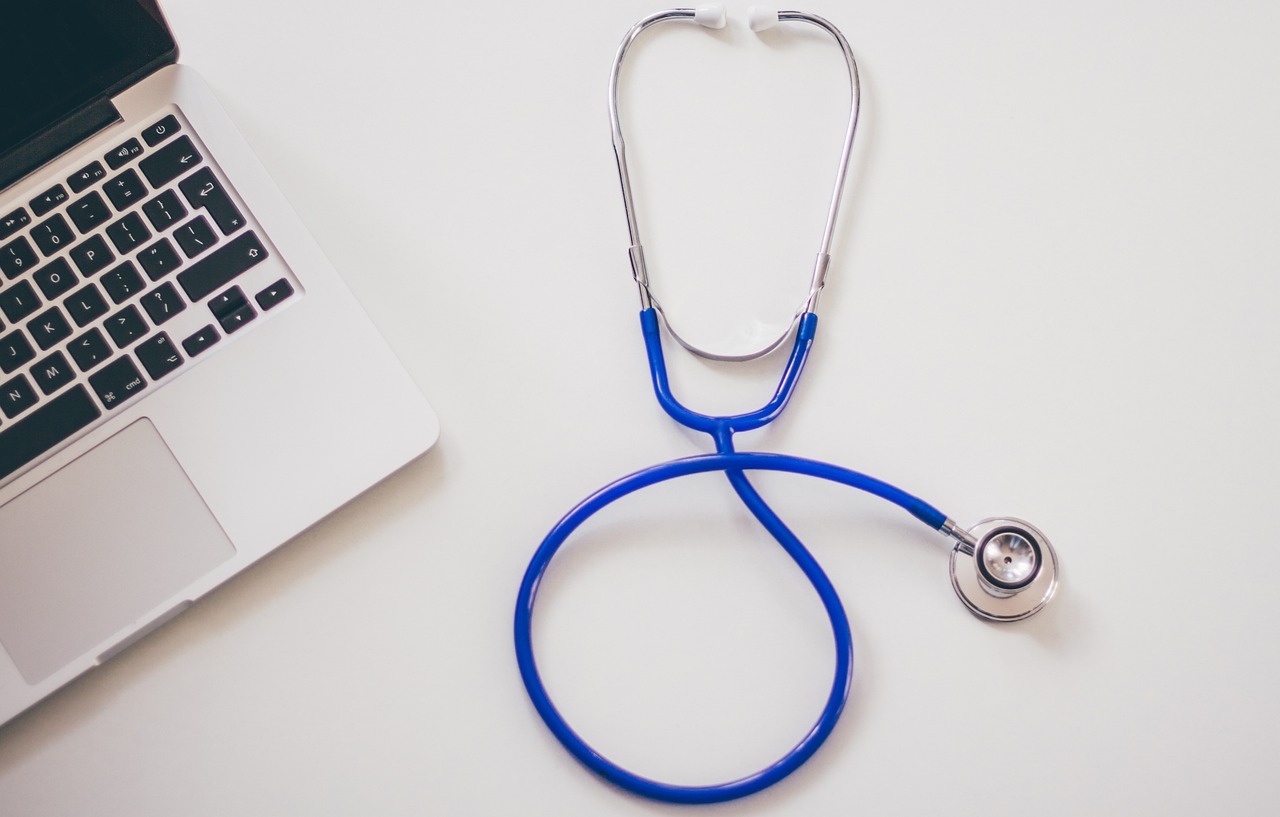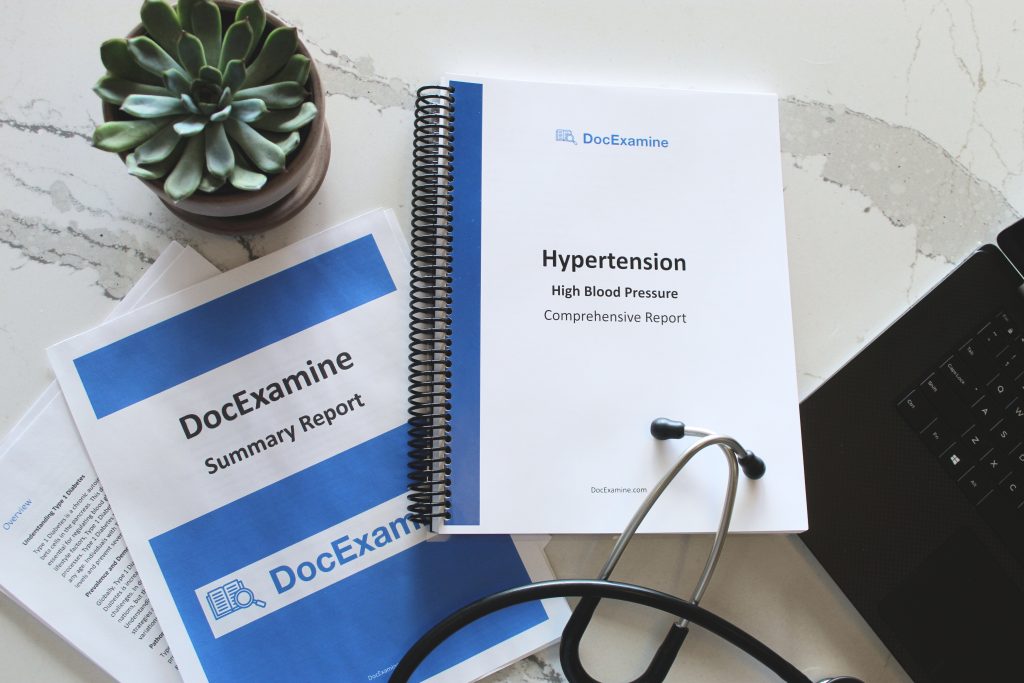
Type 2 diabetes can be a silent intruder—its early signs often sneak up on you before you even know something’s wrong. Recognizing these early symptoms can be a game-changer for your health, helping you get diagnosed early and take proactive steps toward managing your condition. In this post, we explore the key symptoms, the diagnostic tests involved, and what you need to know to act before complications arise.
What Is Type 2 Diabetes?
Type 2 diabetes occurs when your body can’t use insulin effectively—a condition known as insulin resistance. Over time, this causes your blood sugar levels to climb, which can lead to a host of complications, from eye problems to heart disease. Even if you feel fine, subtle changes in your body might be signaling that your blood sugar is creeping up.
Early Warning Signs You Shouldn’t Ignore
Early symptoms of type 2 diabetes often develop gradually, so they can easily be mistaken for everyday tiredness or stress. Here are some key red flags:
- Frequent Urination and Unquenchable Thirst
Your kidneys work overtime to flush out extra sugar, which means more trips to the bathroom and an unending thirst—even if you’re already drinking plenty of water. - Constant Fatigue
Without enough energy reaching your cells, you might feel unusually tired or sluggish, no matter how much sleep you get. - Blurred Vision
High blood sugar can affect your eyes’ tiny blood vessels, leading to periods of blurry vision that might come and go. - Slow-Healing Wounds
Extra sugar in your blood can interfere with your body’s ability to heal, so even minor cuts or bruises might take longer than usual to mend. - Unexpected Weight Loss
While many people with type 2 diabetes struggle with weight gain, some may notice unexplained weight loss, as the body begins to break down fat and muscle for energy. - Recurring Infections
Elevated blood sugar can weaken your immune system, making you more prone to infections such as skin or urinary tract infections.

Diagnosing Type 2 Diabetes: What to Expect
If you notice one or more of these symptoms, it might be time to consult your healthcare provider about diagnosing type 2 diabetes. Here are some common tests used:
- Fasting Blood Sugar Test
This test measures your blood sugar after 8–12 hours of fasting. Consistently high levels may indicate diabetes. - Random Blood Sugar Test
Taken at any time of the day, a high reading—especially if accompanied by classic symptoms—could point to diabetes. - Oral Glucose Tolerance Test (OGTT)
This test checks how well your body processes sugar by measuring blood sugar before and after drinking a sugary beverage. Certain thresholds help differentiate between prediabetes and diabetes. - Glycated Hemoglobin (HbA1c) Test
This test reflects your average blood sugar over the past 2–3 months. An elevated HbA1c can confirm diabetes or signal prediabetes.
These tests help doctors not only confirm a diagnosis but also provide insights into your long-term blood sugar control—crucial for preventing complications.

Taking Action: Lifestyle and Prevention
Early detection is only the first step. Managing type 2 diabetes effectively often starts with lifestyle changes:
- Healthy Eating
Focus on whole foods—vegetables, fruits, lean proteins, and whole grains—to help keep your blood sugar stable. - Regular Physical Activity
Even a brisk 30-minute walk can boost insulin sensitivity and lower blood sugar levels. - Routine Monitoring
Regular check-ups and blood sugar testing help you stay on top of your health and make timely adjustments.
By catching type 2 diabetes early, you can often prevent serious complications and improve your quality of life.
Final Thoughts
Type 2 diabetes symptoms may be subtle, but ignoring them can have serious consequences. Recognizing the early signs—from increased thirst and frequent urination to fatigue and blurred vision—is key to early diagnosis and effective management. If you experience any of these symptoms, talk to your doctor about getting your blood sugar tested. Taking action now can pave the way for a healthier future.
Read More
- Mind and Body: How Type 2 Diabetes Affects Mental Health

- Meal Planning 101: Crafting a Diabetic-Friendly Diet

- Heart Health and Type 2 Diabetes: Reducing Cardiovascular Risks

Sources
- Mayo Clinic – Type 2 Diabetes Symptoms and Causes
- Mayo Clinic – Diagnosing Type 2 Diabetes
- WebMD – Early Signs of Diabetes
- NHS – Symptoms of Type 2 Diabetes


